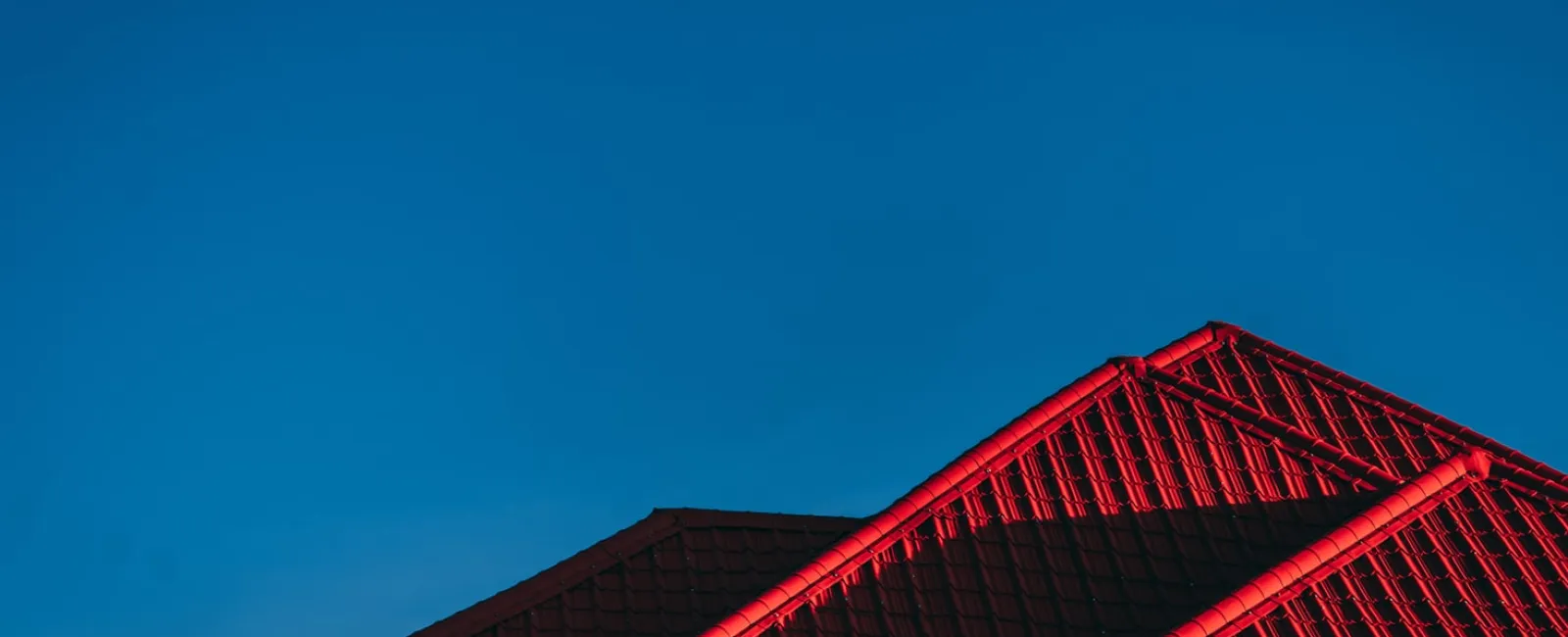December 23, 2021
Many homeowners prefer metal roofing, but it still isn't considered the most popular material. That's mostly due to the belief that metal roofs cause a lot of noise whenever anything hits them. The common worry homeowners have is the rain.
Granted, many aren't aware that the technology and installation process surrounding metal roofs has improved dramatically in recent times. When they relate metal roofing to noise, you might be imagining something similar to an old shed during a rainstorm, where every raindrop is amplified.
What exactly is the truth behind metal roofing and its relation to producing noise?
Causes of Excess Noise 
Sticking with the example of rain coming down on a metal roof, the main cause for all the excess noise boils down to reverberation. It is the prolongation of sound or the continuing resonance of sound.
When you have flat sheets of metal laid down, the effect you get is similar to banging two cymbals together. The longer the reverberation of a sound is, the louder the noise is.
However, the opposite of that is true as well. The shorter the reverberation, the quieter a sound may seem to your ears. You need to create interruptions in the flat sheets of metal that act as your roof to create a shorter reverberation.
The Significance of the Installation Process
Back in the day, contractors installed metal roofs directly over a building's rafters. Noise prevention wasn't part of the job then, so that didn't matter. They would also secure the metal using exposed fasteners. Overall, the setup was the perfect recipe for producing long reverberations and intense rattling.
Now, however, the installation process has improved significantly. The metal itself contains a thick coating to prevent rain or other objects from coming directly into contact with the metal. It also creates an irregular surface, shortening a sound's reverberation.
The roof is also installed over a layer of sheathing to avoid placing it directly over the building's rafters. This creates a great cushion that significantly cuts off the potential for loud noises.
Tweaking the Volumes of Sound
With all that being said, it's important to remember that none of the developments in metal roofing will matter unless the entire structure undergoes proper installation. Doing so will also manipulate the volume of sound from any source. Let's use the rain as an example again.
Raindrops hitting a metal roof have been shown to have around 61 decibels. With proper installation over a solid roof deck, the volume changes to 52 decibels. It proves that if your contractor has proper knowledge regarding the installation, they can greatly reduce the volume of sound from any source.
Can you install metal roof over shingles? Often, roofers will also install metal roofs over a layer of your old roof, so that can effectively reduce noise as well.
Final Thoughts
When it comes to metal roofing, excessive noise from any source is no longer a problem. Thanks to the improvements in the installation process and the knowledge of sound, contractors can create a metal roofing system that is just as good as any other material. Metal roofs are an excellent option if you want something durable, and you won't have to worry about noise anymore.
Cardinal Roof provides metal roofing and other services for residential and commercial properties in Alabama and Middle Tennessee. Our team has the best experts knowledgeable in their fields to achieve our goal of providing the best service possible. Get in touch with us today to learn about our services!

